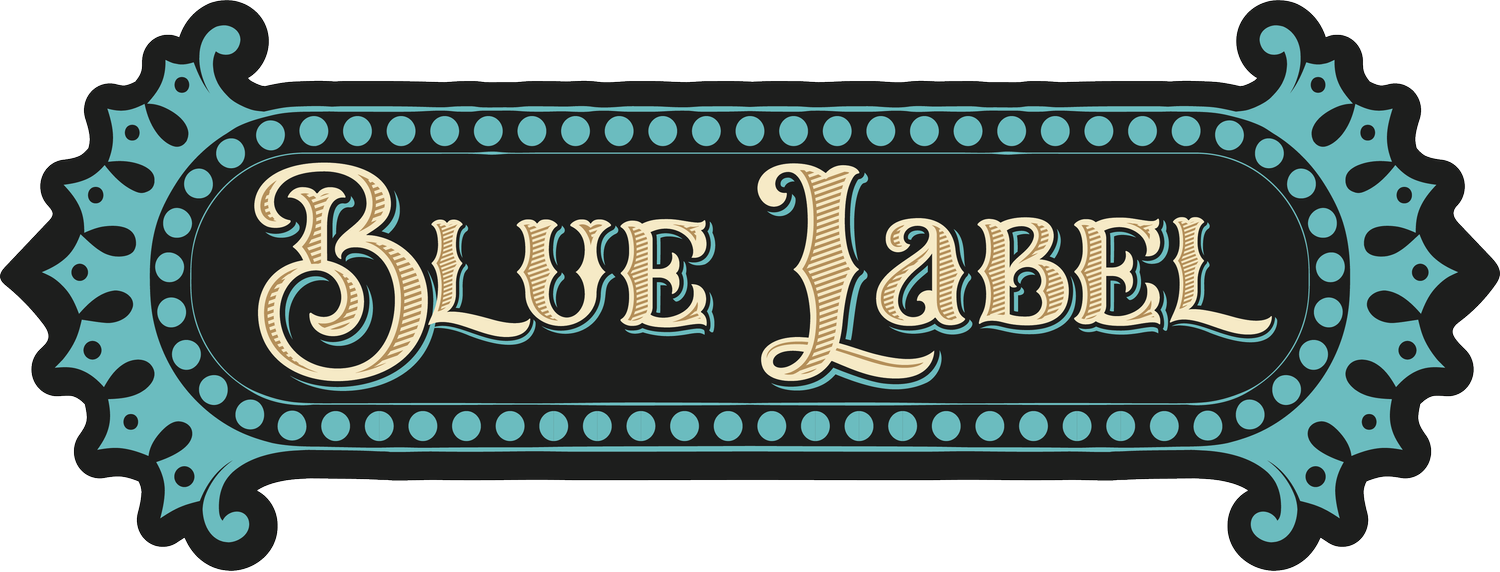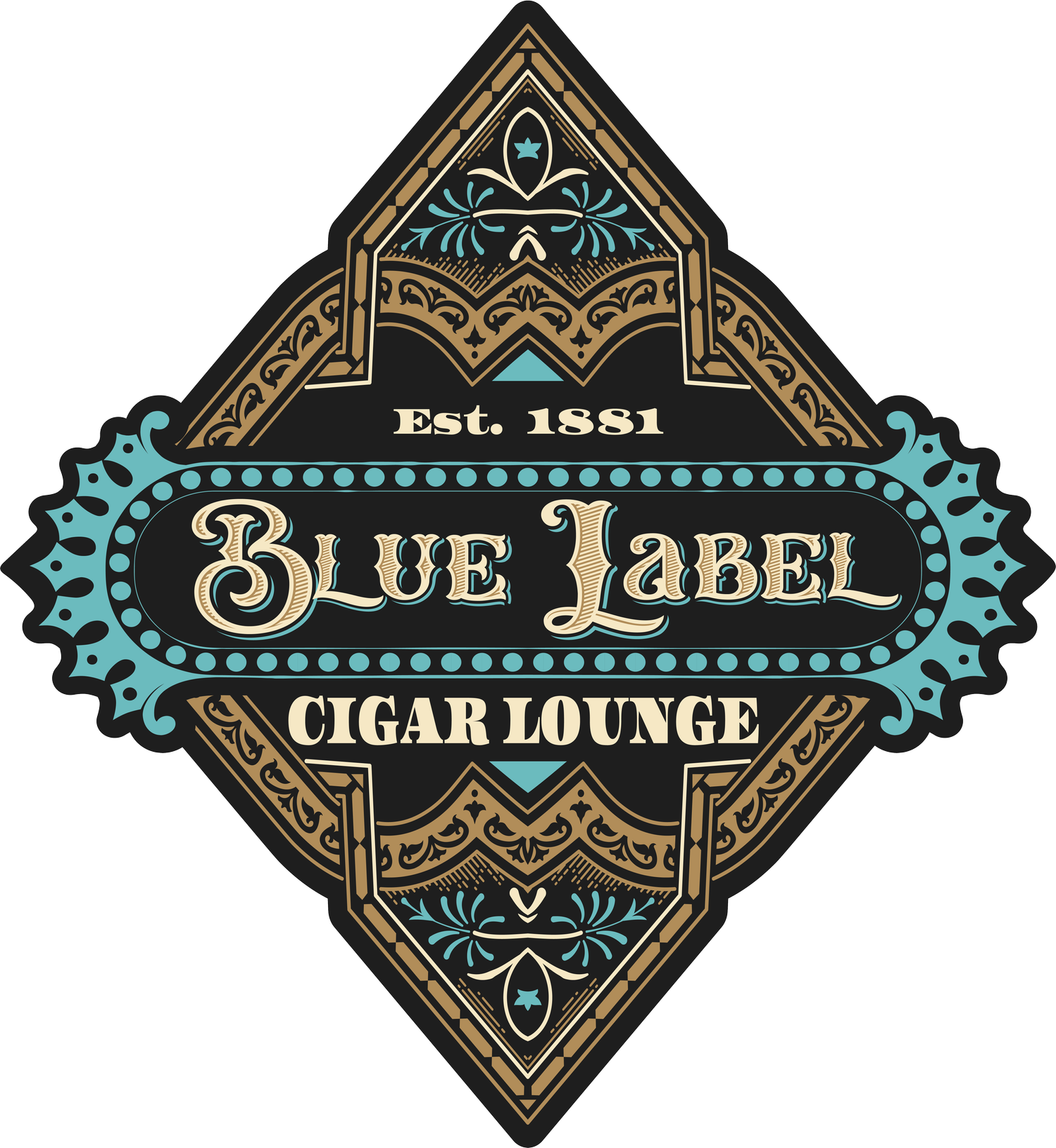The Cuban Embargo
The US embargo of Cuba has had lasting effects for their economy.
The Abridged Version.
A Ban That Has Lasted Decades
Cuban cigars are legendary among cigar aficionados for their unique character, flavor, and aroma. However, these cigars have been banned from being imported and sold in the United States for over five decades. In 1962, President John F. Kennedy issued an embargo on Cuban products in response to Cuba’s communist government and the nationalization of US-owned properties. While just an overview of the topic, let’s dive into the history of the Cuban cigar embargo and its lasting impact.
The Origins of the Cuban Cigar Embargo
The history of the Cuban cigar embargo goes back to the political feud between the United States and the Cuban communist government, led by Fidel Castro. In 1960, the Cuban government nationalized US-owned property, leading the US government to retaliate with trade and travel restrictions. In February 1962, President John F. Kennedy announced a complete embargo on all imports from Cuba, including Cuban cigars, which were famous for their quality, craftsmanship, and unique flavors. President Kennedy called in his Head of Press - Pierre Salinger - for an evening meeting in February of 1961. He was asked… instructed… or directed… to secure about 1,000 of his favorite cigars, the Petite Upmann. In the morning, President Kennedy asked for an update, and Salinger informed him that he was able to obtain 1,200 of the make. The president then reached down, opened the drawer of the resolute desk, pulled out the documents pertaining to the embargo, and within a moment, had them signed. Thus crushing the hopes and dreams of the Cuban people, their relatives, as well as the entire cigar-smoking population in the United States.
The Impact of the Cuban Cigar Embargo
The Cuban cigar embargo has significantly impacted the cigar industry, particularly in the US. The embargo has made Cuban cigars illegal to sell, trade, or import in the US, making them a rare and desirable commodity. The ban has also created a vast black market for Cuban cigars in the US and other countries where Cuban cigars are illegal. On the other hand, the embargo has given rise to the popularity of cigars produced in other countries, particularly the Dominican Republic, Nicaragua, and Honduras. As a result, the families producing tobacco in Cuba left and settled in other countries, developing their own unique relationships with the internationally prized leaf. While most will only think that Cuba produces the finest tobacco for cigars, the truth is that with leaves being grown in many different, soils, climates, altitudes, and countries, the cigar industry has had its strongest boom - a true renaissance.
US vintage cars are a way of life in Cuba, just don’t be surprised when you open the hood and find a Russian motor.
The Debate Over the Cuban Cigar Embargo
The Cuban cigar embargo has been a contentious issue for decades, with some advocating for its continuation and others calling for its end. Critics of the embargo argue that it has not been effective in bringing about political change in Cuba and has instead hurt US businesses and cigar lovers while inadvertently fueling the black market for Cuban cigars. They also highlight the potential economic benefits of lifting the embargo, including job creation, increased exports, and tax revenues. Supporters of the embargo claim that it is essential to maintaining leverage over the Cuban government and ensuring US interests are protected from a state that has routinely violated human rights. They also argue that the embargo prevents the country from benefiting from US trade dollars, thereby weakening its economy.
The Future of the Cuban Cigar Embargo
Despite the political debate and calls for the embargo to be lifted, the future of the Cuban cigar embargo remains uncertain. In 2014, the Obama administration eased restrictions on Cuban cigars, allowing US citizens to bring back up to $100 worth of cigars purchased abroad. Only time will tell whether the Cuban cigar embargo will continue or be lifted, allowing aficionados to purchase and enjoy these legendary cigars once again. Until then, cigar lovers will continue to explore and discover new cigars, while the allure of Cuban cigars will remain a desirable, yet elusive dream.
By the way, glass-top box Cohiba cigars are not “Cubans.” More on this another time…



